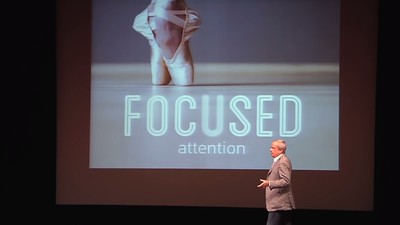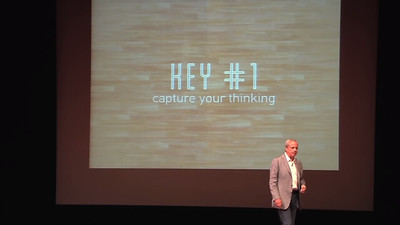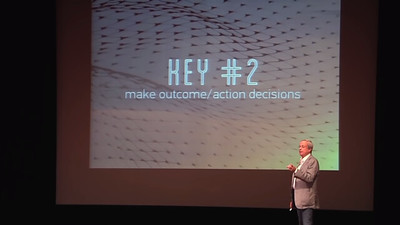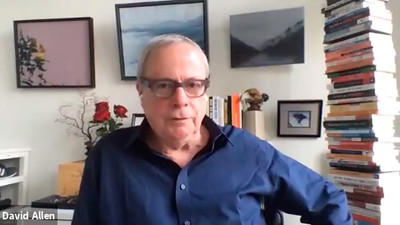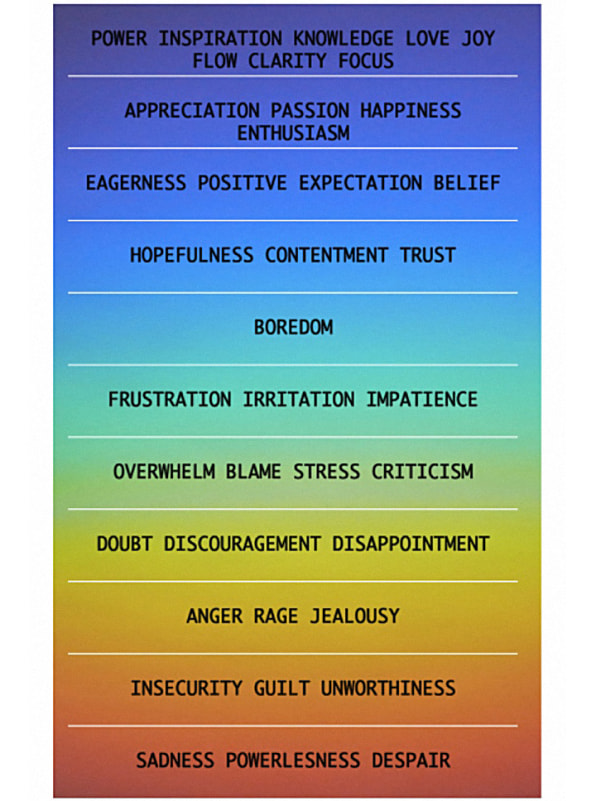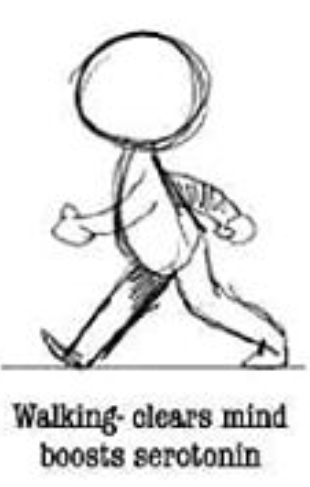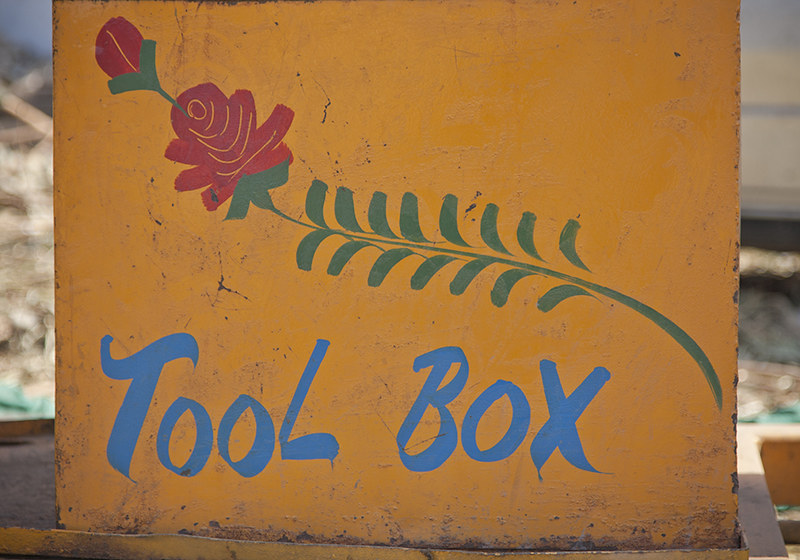What is Workflow?
Work•flow /ˈwərkflō/
“The sequence of industrial, administrative, or other processes through which a piece of work passes from initiation to completion.” – lexico.com
What is a quality workflow? How do we develop it? Below are elements of the production cycle that most creative people move through as they create something. First, we must identify the stages of project production. What is each stage and what are the quality checks for each stage. Read on and find out!
Stages of Creation Development
Inspiration
How do we find ideas to develop?
- We should use our brains because that is where all ideas come from.
- We could use meetings to discuss what kind of game we want to create, and discuss ideas
- would it work? is it interesting? is it in budget? ow hard would it be to develop it?
- we could vote on the idea as a committee to see whether a majority of us would want to go through with it
Intention
How do we clarify our specific goal(s) for a project?
- we should use a list to write down goals as to easily identify our goals
- well we should first start by outlining some perimeters as to better understand what Ideas would be valid
- by determining that idea’s value within the specific scenario like what type of game are we gonna make? what features do we want to include? etc.
- Once again I think that voting on an idea is the best way.
Pre-production
How can we brainwrite, brainstorm, storyboard, and plan our ideas at this phase?
- well a google doc would fulfill the purpose quite well
- we should focus and fleshing out the main aspects of the story as well features we might include
- I believe that in this stage an idea’s value is based on whether it would make sense to include it by asking questions like would it make the game cluttered? would players enjoy that?
- still I think a group decision between the people making it would be good
Production
How do we communicate with each other and execute our plan for this phase? This is where we actually make the project.
- emails, an online list, etc. really we could use anything
- everyone should check emails or a messaging system every day and have it open through out the day so that if anything changes they know about it
- is the game fun? is it working as intended? are there any bugs that need fixing? is the game play engaging?
- the development team, and an appointed “leader” who has the most knowledge and experience in the group
Post-production
How do we communicate with each other and execute our final stages of the project for this phase? This is where we publish the project.
- once again we can use almost anything such as emails, a messaging system, maybe a zoom call, etc.
- bi-weekly meetings in which we could discuss the game and such topics
- if it some sort of fighting or battling game does anything need any last minute balancing
- the whole team should now reconvene and approve the game or point out small details they think could use a quick fix
Presentation/Performance
How do we share our project with our learning community, advisory members, and the world?
- social media, videos, maybe even small ads?
- establish a marketing team who would know how to advertise the game and then do so
- does the ad/video/social media post attract people to the game, did it get people talking, are people talking about the game to others?
- the marketing team
Feedback
How do we conduct a feedback session at the end of the project development cycle?
- if your talking about player feedback we could have both a social media account and an email address made for the game where players could give feedback
- we could use any process we felt was necessary to accomplish the task
- is the feedback people sending relevant and informative? do people know where to send feedback?
- the production team

